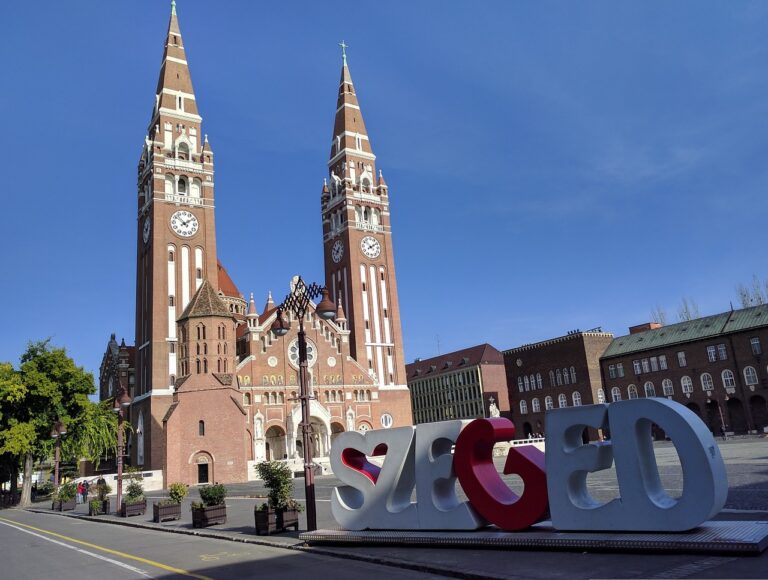Szeged works to increase the take-up of workplace mobility plans

City: Szeged
Audience: Medium-sized City
Topic: Urban Mobility Planning
Step in the SUMP cycle: Step 11: Monitor, adapt and communicate
More Information:
Eltis.org
Activity description
Within the LOW-CARB project (Interreg Central Europe), Szeged works to increase the take-up of workplace mobility plans, which target employers and their employees in functional urban areas. The objective is to help to identify sustainable alternatives for work-related travel and to provide incentives for the use of these alternatives. Such alternatives could include using different modes of transport, combining trips or sharing rides. In addition, a real-time carbon dioxide (CO2) calculator is being developed to estimate the amount of CO2 emitted by each trip depending on the mode and route chosen. Within the Smart Alliance for Sustainable Mobility (SASMob) project (Urban Innovative Actions), Szeged is also targeting work-related travel. The objective is to build a data-driven, demand-responsive transport system based on cooperation between public entities, private businesses and transport providers in the city. SASMob aims to develop the ‘travel choices,’ programme, which enables customers to make informed decisions about a genuinely comprehensive travel offering that is available to them. The project has introduced the Employers Mobility Pledge where companies commit to reducing emissions from transport by adopting more sustainable travel behaviour. The Municipality of Szeged will provide a supporting app, which provides access to services, information and journey planning tools, performance monitoring, etc. Szeged will also grant access to online tools for promoting behavioural change and will support these through expert consultations. In addition, the project is building a cutting-edge mobility tracking system to optimise transport planning. The system uses information from traffic cameras and wi-fi signals from smartphones and app users to analyse the mobility patterns of vehicles, bicycles and pedestrians to help identify sustainable mobility solutions.
Lessons learned
Szeged’s Employers Mobility Pledge provides a good example of how businesses/employers can be engaged to change behaviour of the largest group of travellers (i.e. commuters). The successful development of Szeged’s SUMP and innovative measures relied on the strong involvement of stakeholders. Agreeing on a stakeholder involvement plan before the start of the planning process can be helpful.
